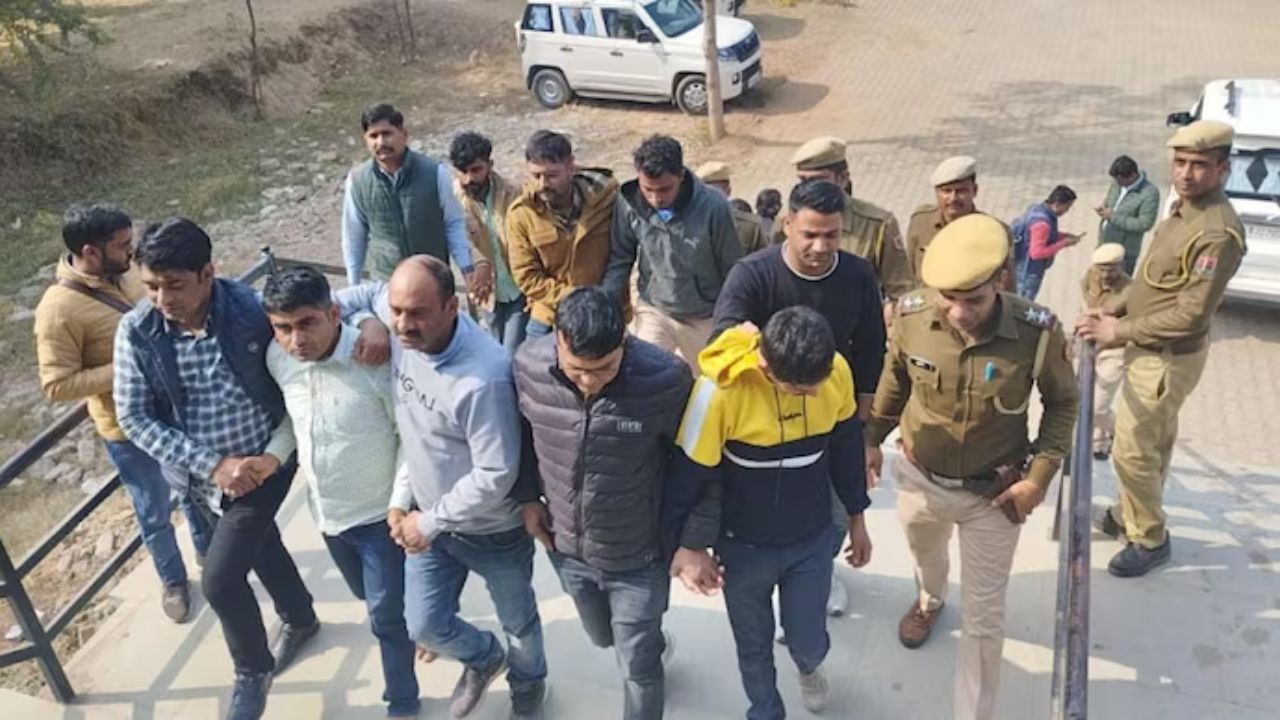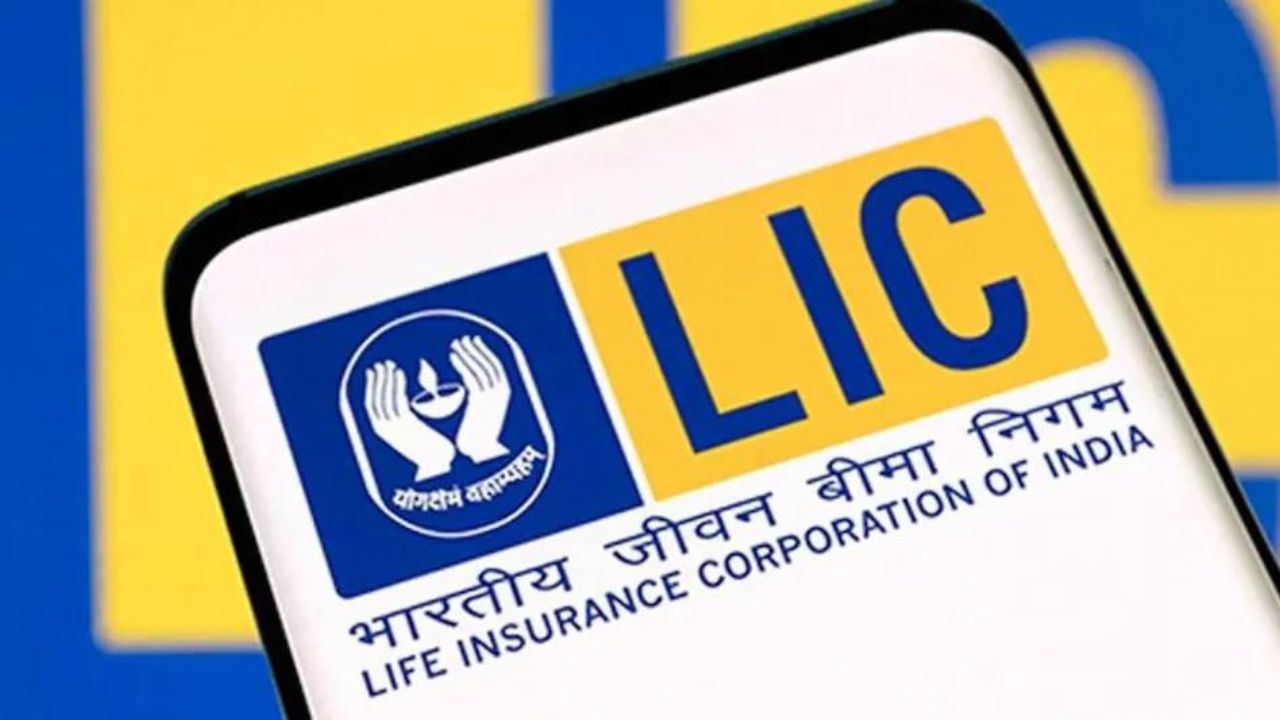
1. Introduction
The integrity of public service exams is crucial for maintaining trust in government institutions. In Rajasthan, this trust has been severely undermined by a series of paper leak scandals involving the Rajasthan Public Service Commission (RPSC). These incidents have not only disrupted the lives of countless job aspirants but also raised serious questions about the effectiveness of exam security measures in the state.
2. Background of the RPSC Paper Leak Scandals
The RPSC, responsible for conducting exams to fill various government positions in Rajasthan, has faced recurring issues with paper leaks. A significant breach occurred in December 2022 when the Senior Teacher Recruitment Exam paper was leaked, leading to its cancellation. This was not an isolated incident but part of a troubling pattern that has plagued the commission over recent years【7†source】.
In a more recent scandal, five trainee sub-inspectors, including relatives of an RPSC member, were arrested for their involvement in leaking a recruitment exam paper. This event has only added to the growing frustration among candidates and the general public【6†source】.
3. Key Figures and Investigations
One of the central figures in the 2022 paper leak was Babulal Katara, an RPSC member. Katara was accused of leaking the exam paper for a bribe of ₹60 lakh. The Enforcement Directorate (ED) has been actively investigating the matter, questioning Katara and others involved. The Special Operations Group (SOG) of Rajasthan Police arrested several individuals connected to this case, including Katara’s nephew and a government school vice-principal【7†source】.
The SOG’s involvement highlights the seriousness of the situation, as the agency continues to uncover more details about the network involved in these leaks. The arrests and ongoing investigations have brought to light the extent of corruption within the system, leading to widespread demands for accountability.
4. Impact on Recruitment and Public Trust
The repeated paper leaks have had a profound impact on recruitment processes in Rajasthan. Thousands of candidates who had spent years preparing for these exams found their efforts in vain when the exams were canceled due to the leaks【8†source】. This not only wasted their time and resources but also caused immense stress and uncertainty about their future prospects.
The public outcry over these scandals has been intense. Many have criticized the state government for its failure to prevent such incidents, leading to political repercussions. The issue has become a significant point of contention in Rajasthan’s political landscape, with opposition parties using it to question the ruling administration’s competence【8†source】.
5. Measures Taken to Prevent Future Leaks
In response to these scandals, the RPSC has implemented several new security measures aimed at preventing future leaks. These include enhanced monitoring at exam centers, with video recording of the entire process, from the distribution of papers to the sealing of answer sheets【8†source】.
One of the key changes is the introduction of electronic codes to open the trunks containing question papers. These codes are only shared with the center superintendent shortly before the exam, reducing the risk of leaks. Additionally, the number of candidates per room has been limited to ensure better supervision【8†source】. These measures are a step in the right direction, but the effectiveness of these reforms remains to be seen.
6. Broader Implications for Government Recruitment
The implications of these scandals go beyond just the RPSC exams. They have raised concerns about the overall integrity of government recruitment processes in Rajasthan. The repeated leaks have damaged public trust, not just in the RPSC, but in the entire system of government recruitment. This could potentially lead to a loss of faith in government institutions as a whole.
There is a pressing need for systemic reforms to restore trust in the recruitment process. This could include stricter oversight, better use of technology to secure exam papers, and more transparency in the selection process. Without such reforms, the credibility of government recruitment in Rajasthan—and possibly in other states as well—will continue to be at risk.
7. Conclusion
The RPSC paper leak scandals have exposed significant flaws in the recruitment process for government jobs in Rajasthan. These incidents have not only disrupted the lives of candidates but have also shaken public confidence in the state’s ability to conduct fair and secure exams. While new measures have been introduced to prevent future leaks, the road to restoring trust is long. Continued vigilance, transparency, and reform are essential to ensure that such breaches do not happen again.
8. Additional Resources
For those interested in learning more about the RPSC paper leak scandals and their implications, here are some resources:
- India Today article on the recent RPSC paper leak【7†source】.
- Details on new security measures by RPSC【8†source】.
Stay informed and advocate for transparency in public examinations—it’s crucial for maintaining the integrity of our public institutions.







